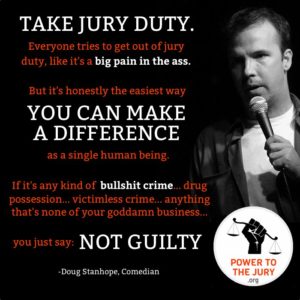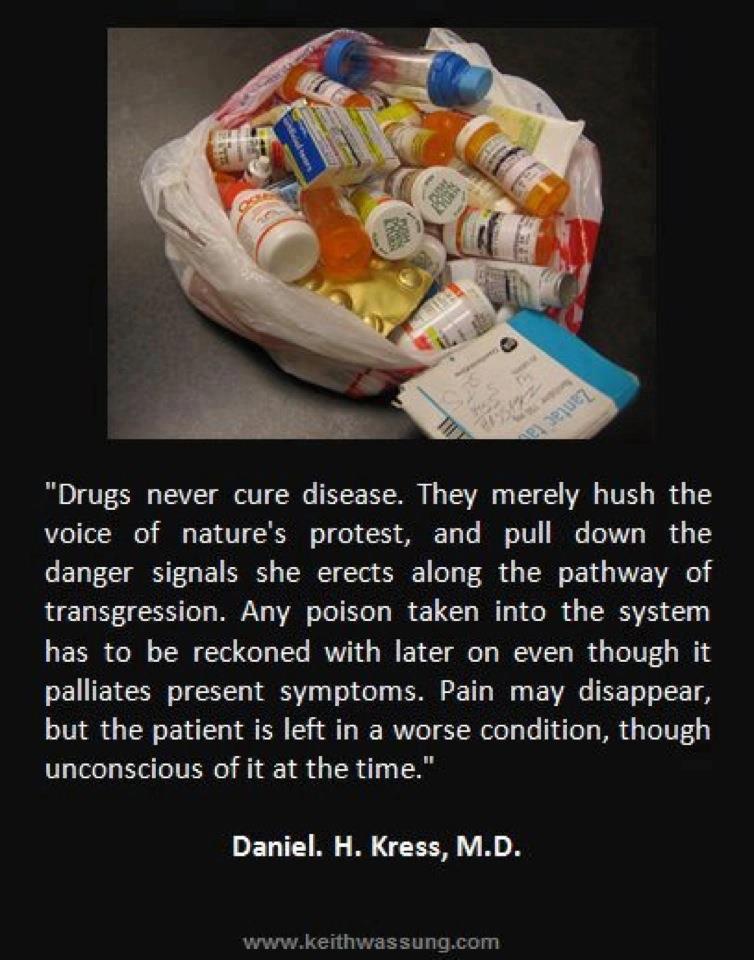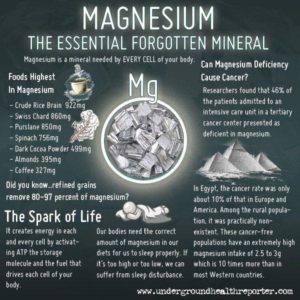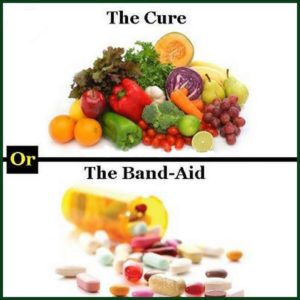Increasing dietary intake of the antioxidant vitamins C, E, and selenium could help cut the risk of developing pancreatic cancer by up to two thirds, suggests research published online in the journal Gut.
http://www.sciencedaily.com/releases/2012/07/120723193203.htm
What I found particularly interesting was the data in these two paragraphs:
“Antioxidants may neutralize the harmful by-products of metabolism and normal cell activity — free radicals — and curb genetically programmed influences, as well as stimulating the immune system response, explain the authors.”
“Other trials using antioxidant supplements have not produced such encouraging results, but this may be because food sources of these nutrients may behave differently from those found in supplements, they say.”
Hort Research is the preeminent antioxidant research facility in the world. The scientists there explain that not only are the ORAC scores of individual foods important, what is even more valuable is how well the antioxidants present in the foods are absorbed into the blood stream. Their experiments reveal that consuming multiple foods with high antioxidant values (cacao, acai, camu camu and goji berries were the ones they tested) results in a synergistic effect that may triple the absorption of the antioxidants (found in both foods) into the blood.
Sort of reinforces the wisdom of putting 138 antioxidant ingredients together into one food bar doesn’t it?
Power To The Jury
 Of all the posts I make, this one is arguably one of the most important for the preservation of individual liberty in the face of tyranny.
Of all the posts I make, this one is arguably one of the most important for the preservation of individual liberty in the face of tyranny.
For if every crime was brought before a jury who were accurately informed that they had the power to find that a person “deed the deed” but they could declare him “not guilty”, tyrannical laws would dissolve as fast as a thimble of fine dust in a fast running stream.
This is why the corrupt judiciary are as keen as the crooked legislature to minimise instances trial by jury where ever they can.
Don’t fall for the “I don’t have time” or “It’s not as important as…” For if you don’t make the time or elevate the priority then preserving your freedom might soon be an option in which you wish you still had the chance to partake!
Never Waste Your Time…

Honesty is a very expensive gift.

Magnesium
Don’t Believe The Government
The Cure or the Band-Aid
This girls deserves support!
Unlike her gutless state legislators who rolled over, Reeves is determined to keep the fight for transparency in GMO ingredients alive – and she’s taking her fight national. She’s started a group called GMO Free USA which plans to pressure food manufacturers into revealing which of their products contain GMOs. The ultimate goal is to organize national boycotts of those companies that refuse to switch to non-GMO ingredients.
http://www.organicconsumers.org/articles/article_25635.cfm
You’re Not Average? Then We’ll Have To Drug You or Kill You

You are not “normal”.
You are different. You know that.
So am I.
In fact, we are all unique.
The bits that are different to everyone else, or even most people, don’t mean we deserve to be drugged into a zombie-like state.
The only people who all have the same characteristics are dead ones.
They are all alike.
In fact they are dead similar.
Don’y buy the fact that you or your kids need drugs because you are different or because your kids loses attention in a boring classroom because the teacher does not know how to teach or because they are given the impossible task of 1 person teaching up to 35 kids, each of whom has a different learning speed.
Drugs are NOT the answer.
More teachers, better teachers, better teacher training, better teaching methods, smaller class sizes are less costly and don’t have 70 negative side effects like the average drug. Including death.
And they don’t destroy lives.
Dead bored is just a saying.
Murder and drug induced suicides are a fact.
But changing the system because it is broken would tread on too many toes.
So let’s keep doing what we have been doing.
Even though it doesn’t work.
Another solution currently being employed is to kill people whose differences fit a certain pattern. Regradless of whether or not they have committed a crime. Needless to say, being different is reason enough alone for me to be particularly unenthusiastic about this practice, let alone me being anti-dictatorships and the practice being unlawful and unconstitutional.
If you do not think a leader should be able to kill anyone he pleases, just because they fit certain criteria, might be a good idea to sign this petition.
He was 16 years old and an American citizen. He had committed no crime and was charged with no wrongdoing, but he was killed without trial or due process — by our military and the CIA.
Abdulrahman Al-Aulaqi was the innocent victim of an out-of-control CIA and Pentagon “targeted killing” program. This shadowy program started by targeting those on secret “kill lists.” Then, it was expanded to target those who fit a specific “pattern of behavior” — even if their identities were unknown.
And now, outrageously, the CIA is counting “all military-age males” in specific areas as targets unless intelligence proves them innocent — after they’re dead.
Help stop this unlawful, un-American program. Tell the top lawyers at the CIA and the Pentagon to do the right thing: End illegal targeted killings
Drugs don’t cure they worsen the body




